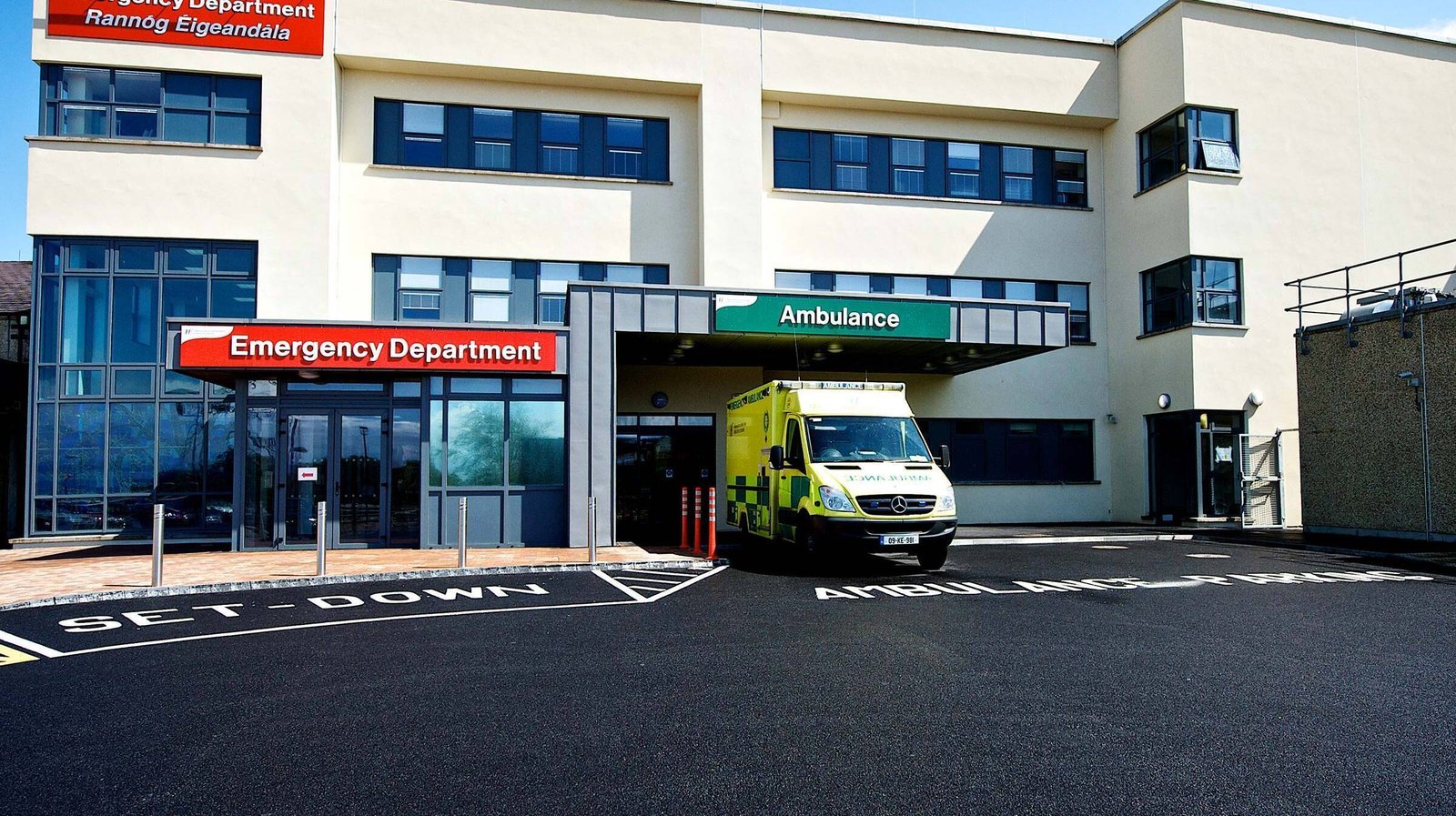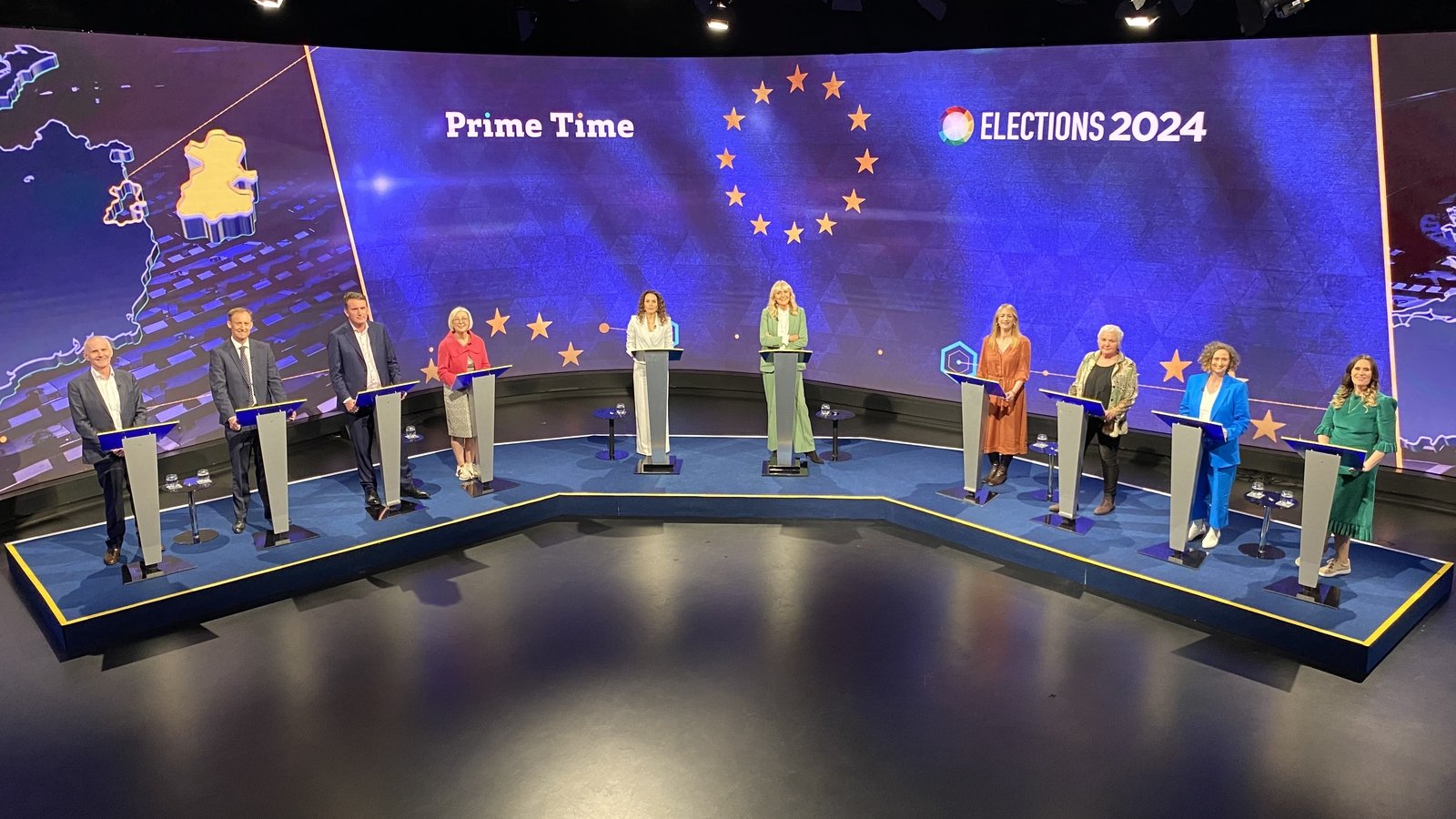Fianna Fáil aiming to take back limelight with Ard Fheis
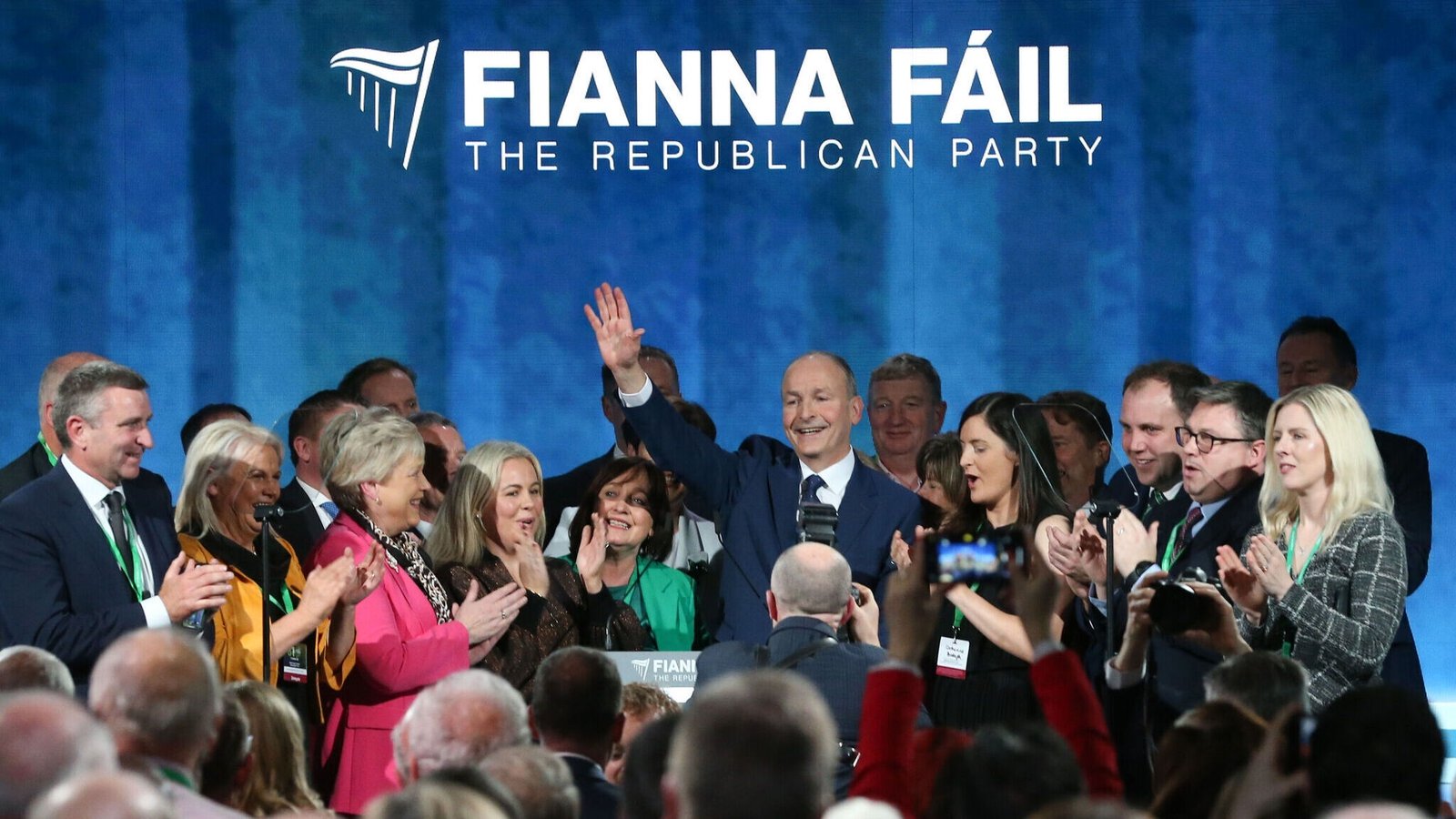
After a spell in the shadow of their coalition partners, Fianna Fáil will be back in the limelight this weekend with an Ard Fheis they hope can hope will bring some momentum behind the party as it heads into June’s elections.
While many in the party concede they could do with the much-vaunted “new energy” being claimed by Fine Gael under the leadership of new Taoiseach, Simon Harris, they are not too troubled by the changeover.
One Fianna Fáil backbench TD commented on Wednesday night that it was the best he had felt in politics in a long time.
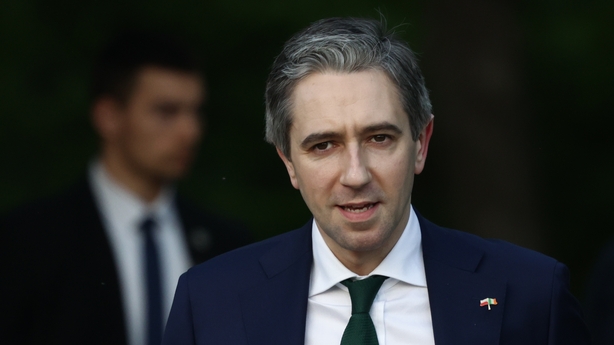
“We often wondered what sort of a boost a new leader would give Fine Gael,” he said, but referring to the cautious Cabinet reshuffle, added “it’s not going to switch the dial.”
Minister of State, Thomas Byrne, said yesterday that the leadership changeover will change little else.
“The public are not that interested in the movement of people and the jobs people are getting in,” he told RTÉ’s Today with Claire Byrne.
“For Government, the priority has to be what is delivered for the public and what changes people’s lives.”
However, the local and European election candidates are little bit more circumspect.
As the first up for to the chop, they will be watching for any bounce for Fine Gael from the new leader.
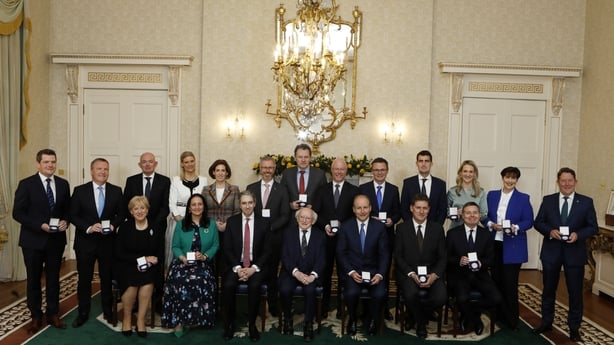
With both parties competing for votes, and in some areas competing for seats, the inter-coalition competition is likely to ramp up between now and the next general election.
As an example, some in Fianna Fáil complained that the promise by Mr Harris at the Fine Gael Ard Fheis that 250,000 houses would be built over five years, was an attempt to “steal a march” on what is likely to be a change in Government policy to ramp up housing targets.
There were also some Fianna Fáil eyes rolling at the promises for new supports for small businesses.
TDs pointed out that it was Fine Gael’s Paschal Donohoe who increased VAT on hospitality businesses, and it was Leo Varadkar – as Enterprise Minister – who brought in new sick pay and minimum wage changes – the very policies that businesses now say are crippling them.
“They are trying to land it all back on [Michael] McGrath now because he is our most popular minister,” one TD said about the pressure coming on the Minister for Finance to bring in a measure of supports and calls from some in Fine Gael for a mini-budget.
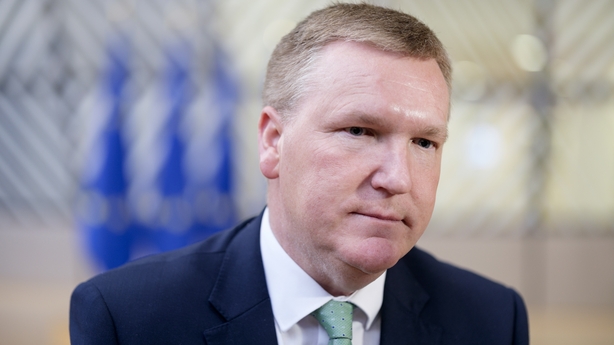
There are likely to be more subtle echoes of this at the Fianna Fáil Ard Fheis with a number of motions calling for supports for businesses which are “the backbone of employment” and are suffering from “increased costs and regulatory burden.”
Mr McGrath has said he will bring measures to assist struggling businesses with one-off grants and reliefs for PRSI increases for employers being considered.
Claiming the mantle for such supports will be important for his party in the run-up to the elections.
One part of the Fine Gael reshuffle that is concerning its partners in Fianna Fáil is the decision not to move Helen McEntee out of the Department of Justice.
Tensions around her handling of the brief go back to even before the Dublin riots.
Last September a number of Fianna Fáil TDs in Dublin held a meeting about justice issues, in which they discussed what they saw as the failure to address “deep-rooted issues” in many communities and complained that her approach was too “hands off.”
Those tensions have only exacerbated since then.
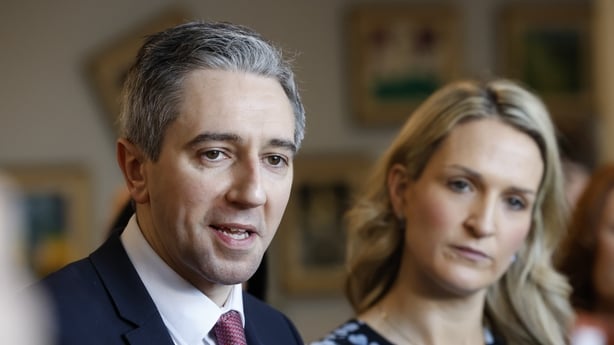
The Ard Fheis will debate motions to increase garda resources in order to tackle anti-social behaviour.
There will also be a motion for “the concerns of the current Hate Bill to be immediately addressed, in particular to remove the threat to free speech”.
As one Fianna Fáil TD put it, ongoing issues in the area of law and order have potential to damage all of Government.
“Everybody loses when justice goes wrong,” the TD said in the wake of the Cabinet reshuffle.
However, there are concerns too for Fianna Fáil’s own senior team.
Rumbling about party leader and Tánaiste, Micheál Martin, from early in the Coalition’s term have been well and truly put to bed for now. But the EU Commissionership will be filled in July.
Minister McGrath has said he is focused on delivering another Budget, but many believe he could move to Brussels.
Some have said it would be harder to head into a general election without their best-performing member of Cabinet. Others point to the potential loss of a safe seat in Cork South Central.
The job could possibly go to an MEP – as is common practice in other EU countries – with earlier speculation around Ireland South MEP Billy Kelleher.
In the post-referendum political unpredictability, many in Fianna Fáil who were already feeling a need to assert a more distinct identity are less certain than ever where they stand with the electorate.
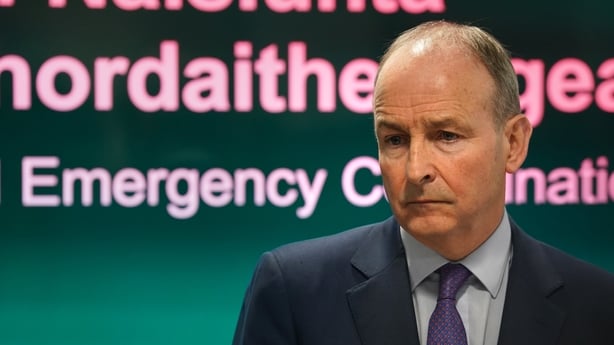
In the past two general elections they would have seen their votes moving to Fine Gael, and then to Sinn Féin. Now it seems like independents are nipping at their heels.
Ask any of their TDs who have been out canvassing of late and they will say immigration is coming up with every third person they meet.
“And it’s not from the far right, it’s from the granny with her shopping basket,” said one.
“Reason has gone out the window, people are seeing things on social media that are completely not true and it’s informing how they will vote.”
Over the course of this weekend, Mr Martin and his team will try to turn around the negative social media narrative and focus on what they see as their achievements in office: an increase in house building, budgets that protected pensions and a reduction in class sizes.
While hitting out at the “cynical” negativity of the opposition, he made the case for coalition politics – which will continue, possibly in a more complex form, after the next election.
Sharing Government means that you have to compromise, according to Mr Martin.
“You have to be willing to respect the mandate of others and accept that you can’t get everything you want.”
In what could have been seen as warning shot to the new Fine Gael leader, he added: “We will never try to claim that everything good is down to us.”

